New Kingdom, Circa 1550 - 1292 B.C.
Ring Size N UK / 6.75 US.
Weighs 4.7 grams.
The agate amulet measures 1.5 x 1 x 0.8cm
The amulet is set onto a gold band with rope twist terminals, both the ring and amulet original to each other.
The choice of a bull in this amuletic ring symbolised a courageous heart, great strength and fighting spirit, bulls were symbols of strength and fertility, qualities that were closely linked with kingship.
The Apis bull was a sacred animal in ancient Egyptian religion, worshipped as a living manifestation of the god Ptah and later associated with Osiris and Ra. Regarded as an intermediary between the gods and humanity, the Apis bull was chosen based on specific physical characteristics, such as a black coat with unique white markings. Once identified, it was housed in a grand temple in Memphis, where it was treated with great reverence, adorned with jewellery, and participated in important religious ceremonies. Upon its death, the bull underwent elaborate mummification and burial rituals, symbolising its transition to the afterlife and its continued divine role. The cult of the Apis bull highlights the Egyptians’ deep connection to animals as symbols of divine power and their belief in the interconnectedness of the mortal and spiritual worlds.
Other examples of ancient Egyptian amuletic rings:
Collection of the Musée du Louvre, Paris, Numéro principal : AF 11092.
Collection of the Musée du Louvre, Paris, Numéro principal : N 2090.
Collection of the British Museum, Registration number: 1947,1011.2.
Collection of the British Museum, Registration number: 1918,0411.15.
Collection of the Metropolitan Museum of Art, Accession Number: 30.8.418.
Collection of the Fitzwilliam Museum, Accession Number: Ring: E.GA.21.1947.
Christie’s, Antiquities, 5 JUL 2023, Lot 82, Price realised: GBP 37,800.









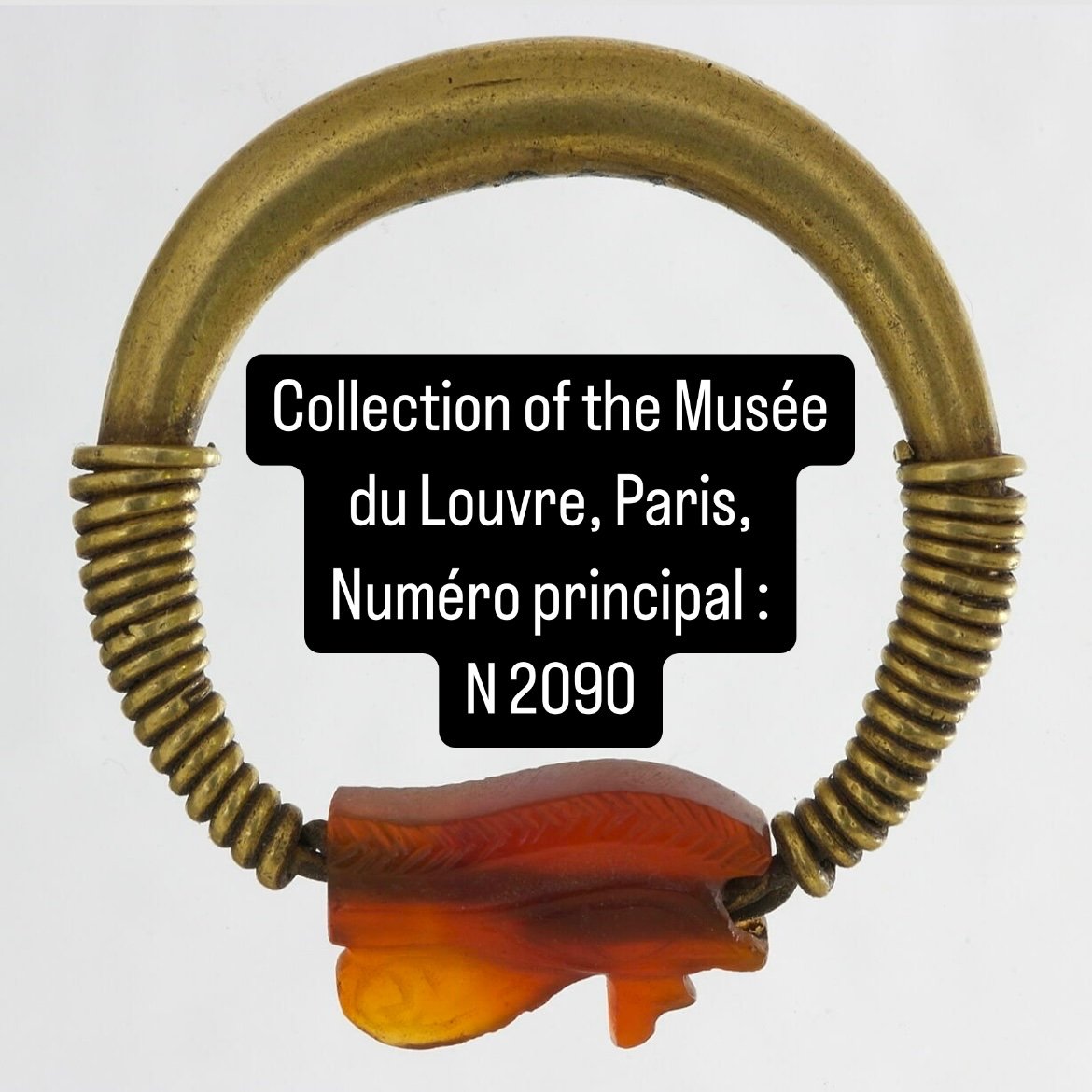















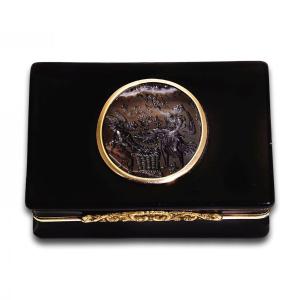
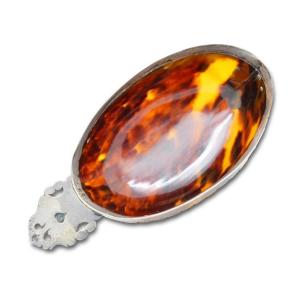

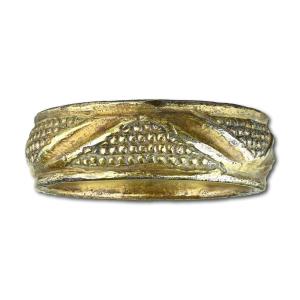
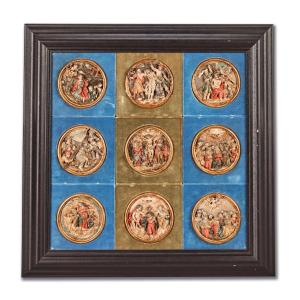
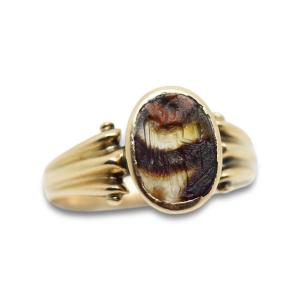
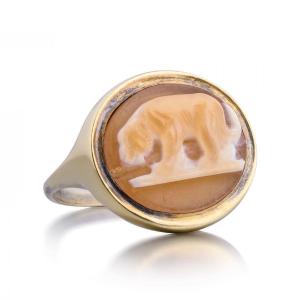
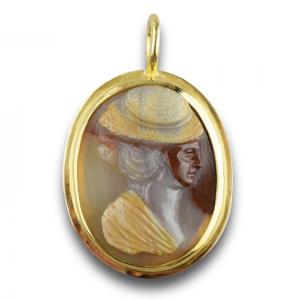
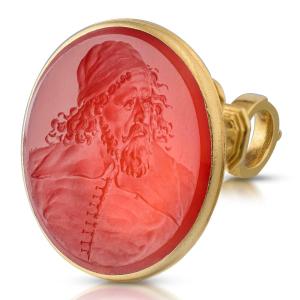

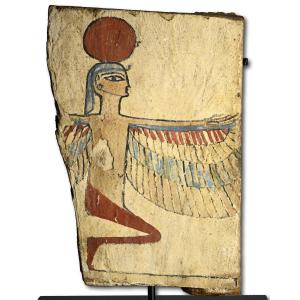


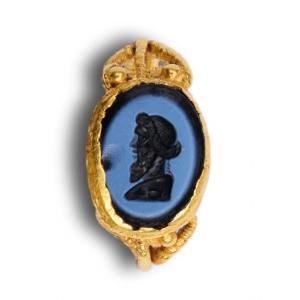







 Le Magazine de PROANTIC
Le Magazine de PROANTIC TRÉSORS Magazine
TRÉSORS Magazine Rivista Artiquariato
Rivista Artiquariato